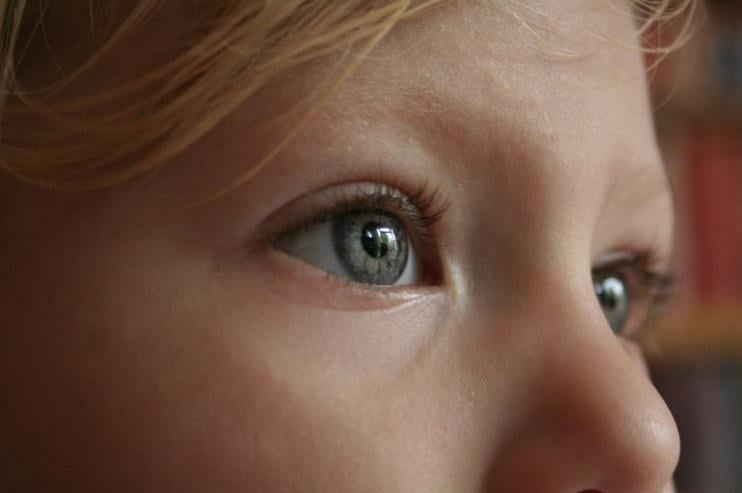“COVID is where you die.”
So said my three-year-old grandson, John Henry, when I asked him what he knew about COVID-19.
Like many of my readers, I come across online articles warning of the negative effects of the virus on young people nearly every day. While only a tiny number of them have died from COVID-19, and most of them are either asymptomatic or don’t contract the bug at all, these reports address the other consequences of this pandemic: closed schools, distance learning, the cancellation of sports and other extracurricular activities, separation from friends. These measures have left many children and teenagers depressed, fearful, and in some cases, suicidal.
I know of these consequences via the Internet, but I decided to take an anecdotal tack and ask some of my grandchildren about their experiences, thoughts, and feelings now that we have lived for months with social distancing, masks, and other restrictions.
The oldest of this crew attends a small Catholic preparatory high school in Pennsylvania. The other children are home educated. We gathered around the dining room table, and I asked a few questions. Here’s what they had to say.
13-year-old Maggie: “I think no one should wear masks unless they want to and that old people should be given help with groceries so they wouldn’t have to go out. Gran gets hers delivered from Aldi’s. I also think more kids are going to be dumber because they’re watching TV at home instead of studying or playing sports. And lots of people are going to get fatter.”
“The most depressing thing about COVID is wearing masks,” she added.
Her twin sister Annie: “We still get together with some friends here because they don’t really worry about COVID. My Aunt Terry is a nurse, and she’s had COVID, and so did our friends the Hickeys, who got it from Father Carr. Everyone was fine.”
“The most depressing thing for me about COVID,” Annie remarked, “is everyone seems meaner and grumpier.”
10-year-old William: “It’s a big change. Everything’s shut down. I can’t go anywhere.”
6-year-old Daniel: “COVID is when you get sick and then throw up a lot.”
15-year-old Michael had the most developed thoughts on the matter: “It’s prevented our connection to the outside world. Our sports seasons have been affected, and we don’t get to make any outside field trips. I think COVID is going to affect some people’s ability to stand up for themselves. Right now everyone’s being told to go into a shell and wear a mask and do what you’re told. It’s just obeying orders instead of thinking for yourself.”
Michael noted that one of his dorm fathers caught COVID over the summer and came through just fine.
“Americans for two centuries have prided themselves for standing up for their rights,” Michael continued. “Now they believe everything they hear, and they’re just kind of scared by everything. Two hundred and fifty years ago they were fighting the biggest empire in the world as a tiny little group of colonies and now they’re being scared by a bad flu.”
Some of these opinions they receive via their parents and friends. Others are formed by direct observation.
Afterwards, I wondered: Will these restrictions leave emotional scars on my grandchildren?
Right now, I have no idea.
But I do know these directives and edicts have made skeptics out of them. They no longer believe closing parks, schools, libraries, churches, and sports programs has helped battle COVID-19.
In other words, they no longer trust our “experts” or believe our government authorities know what they’re doing. Given the falsehoods, confusion, and errors of some of our governors and mayors, perhaps that distrust is healthy, and a valuable lesson for the future.
When John Henry kicked off our discussion by saying, “COVID is where you die,” the rest of us burst out laughing.
But as I look around at the wreckage and ugly mess we have made of our society and culture this last year, I think the kid nailed it.
—
Image Credit:
Pxhere

Leave a Reply